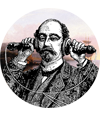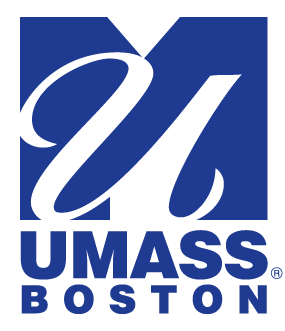Introduction to Community Organizing
Categories:
Most of us will be entering into new communities and workplaces where we will have to undergo some sort of community organizing to accomplish the tasks on our VAD. This post hopefully can act as a starting point as we try and reach out to our new communities.
Community Organizing activities involve bringing people together to act in common self-interest, in the pursuit of a common agenda, with populist goals that build upon the ideal of participatory democracy.
There are a few central questions for DASCorps members as we focus our work in community organizing:
- How do we define "community"? What are the power centers and interest groups?
- How does government work, in relation to organizing the community?
- How are civic values at the core of community organizing?
- What are the ongoing, central issues at a local and neighborhood level?
- How can the Internet be used as a resource to engage community members civically? What can we do as community activists online?
Resources:
- The Citizen's Handbook - http://www.vcn.bc.ca/citizens-handbook/welcome.html
- Marin Institute - Community Organizing Action Pack http://www.marininstitute.org/action_packs/community_org.htm
- National Housing Institute - Community Building & Community Organizing Issues in Creating Effective Models http://www.nhi.org/online/issues/85/combuild.html
- U.S. Department of Housing and Urban Development http://www.hud.gov/organizing
- University of Kansas - Community Toolbox http://ctb.ku.edu/
Further Reading:
There are two major schools of community organizing:
- Saul Alinsky: This focuses organizing on existing organizations. His book "Reveille for Radicals" (1946, updated 1969) describes how to build coalitions of groups within communities. Over the past ten years, the Industrial Areas Foundation has built organizations around churches. His last book, "Rules for Radicals: A Pragmatic Primer for Realistic Radicals," was published in 1971.
- Fred Ross: Ross is not known nearly as well as Alinsky (a point which his partisans say is important in itself. A "real" organizer is not a leader. He/she stays in the background.) Ross is the guru of organizations that believe in building membership organizations one at a time. Ross himself had a great influence on Cesar Chavez (a point I make on a piece I did on Chavez years ago that appears on the Institute for the Study of Civic Values site). The National Welfare Rights Organization (a group active from 1966 to 1975) again, built on chapters of welfare recipients--is out of the Fred Ross tradition. And today, the leading group inspired by Fred Ross is Association of Community Organizations for Reform Now (ACORN).










